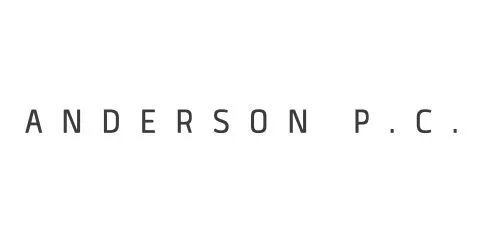1. Name, Image, and Likeness (NIL) Fragmentation With no federal standard, divergent state laws continue to govern NIL rights. The NCAA's recent rule revisions expand school involvement and impose heightened disclosure obligations. Litigation risk remains high, particularly around recruiting practices, contract enforceability, and Title IX compliance.
2. Generative AI and Athlete Likeness Rights AI-generated content, including deepfakes and synthetic voices, presents urgent legal questions involving right of publicity, data privacy, and unauthorized commercial use. Athletes must proactively secure and protect their digital likeness as a distinct IP asset category.
3. Data Privacy Compliance and Enforcement Sports organizations face increasing exposure under state and international privacy laws (CCPA, GDPR, BIPA). Biometric surveillance, AI-driven analytics, and online tracking tools demand robust governance frameworks, contractual clarity, and regulatory readiness.
4. Expansion and Regulation of Sports Betting Since PASPA was overturned, over 30 states have legalized betting, driving exponential growth and heightened regulatory oversight. Legal concerns include integrity monitoring, athlete conduct, operator liability, and compliance with advertising, geolocation, and anti-fraud laws.
5. Streaming Rights and Antitrust Considerations Streaming-first models, exclusive content deals, and media fragmentation are prompting legal scrutiny. The pending NFL Sunday Ticket litigation and the possible erosion of the Sports Broadcasting Act's antitrust exemption could reframe distribution models across all major leagues.
6. Institutional Ownership and Private Equity Investment All major sports leagues now permit some form of institutional ownership. Legal complexity increases as franchise valuations surge and sovereign wealth funds and PE firms become active investors. Key concerns include governance rights, regulatory constraints, and fiduciary duties.
7. NCAA House Settlement and Athlete Compensation The $2.8 billion settlement in House v. NCAA creates a revenue-sharing model for athletes and exposes institutions to future challenges under Title IX, immigration laws, and labor standards. Roster limits and pay equity will remain contentious.
8. College Athlete Employment Classification Active matters before the NLRB and in federal court (including Johnson v. NCAA) challenge the non-employee status of student-athletes. A shift toward employment recognition would trigger fundamental changes in labor law, tax treatment, and collective bargaining.
9. Sponsorships, Naming Rights, and Licensing Agreements Post-pandemic growth in venue monetization and brand partnerships has led to increasingly complex multi-venue and digital licensing agreements. Legal negotiation and risk allocation are critical in preserving long-term value.
10. AI in Athletic Performance and Health Monitoring AI-driven performance analytics and predictive injury tools raise concerns over data ownership, medical privacy, and consent. Stakeholders must align on ethical use, contractual controls, and long-term athlete health safeguards.
Our Position
Anderson P.C. enters this space with a unique combination of sector fluency and legal precision. We advise clients ranging from elite athletes and sports executives to institutional investors, leagues, and media partners. Our approach is rooted in a firm-wide commitment to clarity, discretion, and strategic foresight.
The Sports & Entertainment Practice operates at the intersection of:
- Regulatory Compliance (NIL, AI, Data, Gaming)
- Transactional Structuring (Licensing, Sponsorship, Ownership)
- Investigations and Enforcement Defense
- IP Protection and Publicity Rights
- Labor Classification and Employment Matters
As the structure of global sports continues to shift, we are committed to providing the legal foundation necessary to support innovation, protect integrity, and sustain commercial success.
The content of this article is intended to provide a general guide to the subject matter. Specialist advice should be sought about your specific circumstances.


